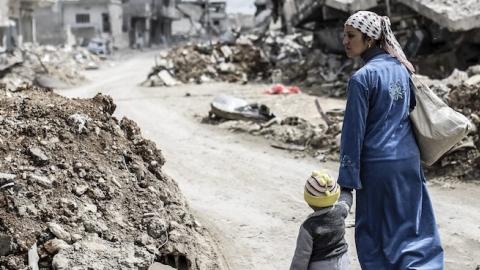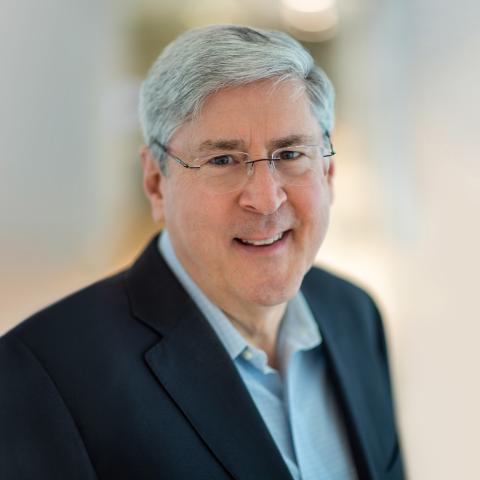


Please join Ambassador Greer for a fireside chat with Senior Fellow Peter Rough on the Trump administration’s first year back in office and what’s next for US trade policy.


Join Senior Fellow Rebeccah Heinrichs and Congressman Pat Fallon (R-TX) for a discussion on the Trump administration’s first year of foreign policy and the risks and opportunities ahead.


Hudson welcomes French Army Chief of Staff General Pierre Schill, one of Europe’s most senior military leaders, for a discussion on the evolving strategic environment and the French Army’s transformation in a rapidly changing world.


Join Hudson for a conversation with Assistant Secretary of War for Industrial Base Policy Michael Cadenazzi, who leads the DoW’s efforts to develop and maintain the US defense industrial base to secure critical national security supply chains.




















